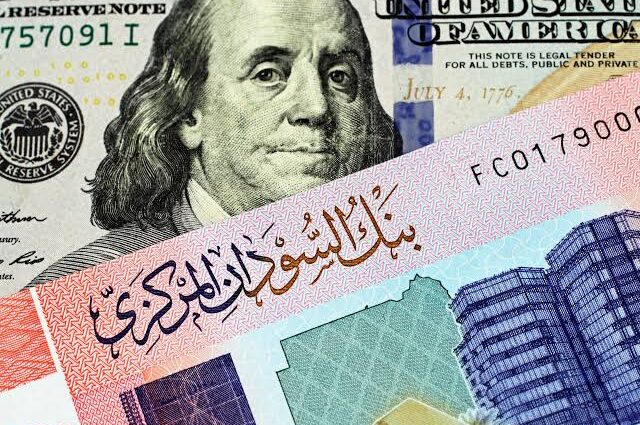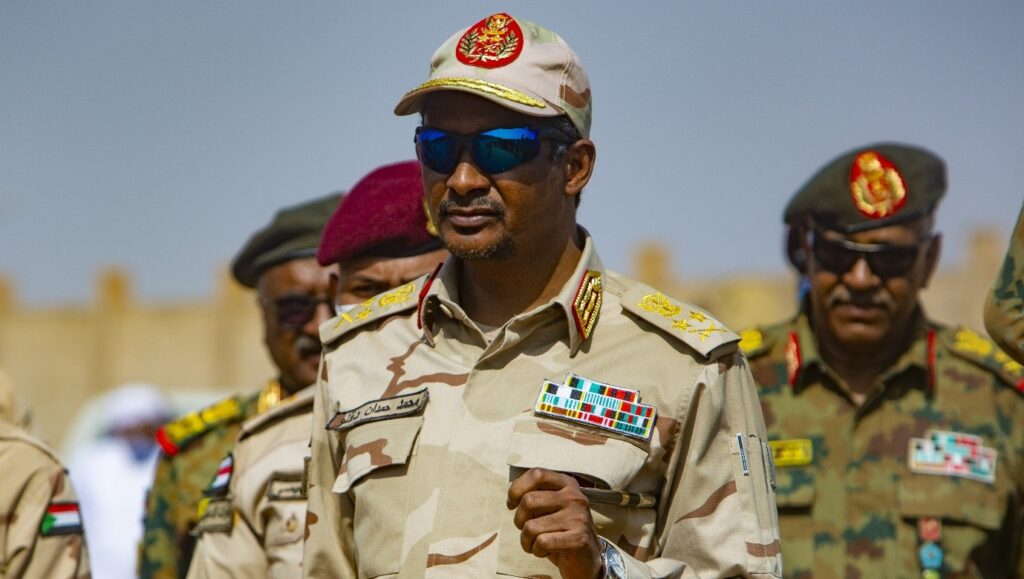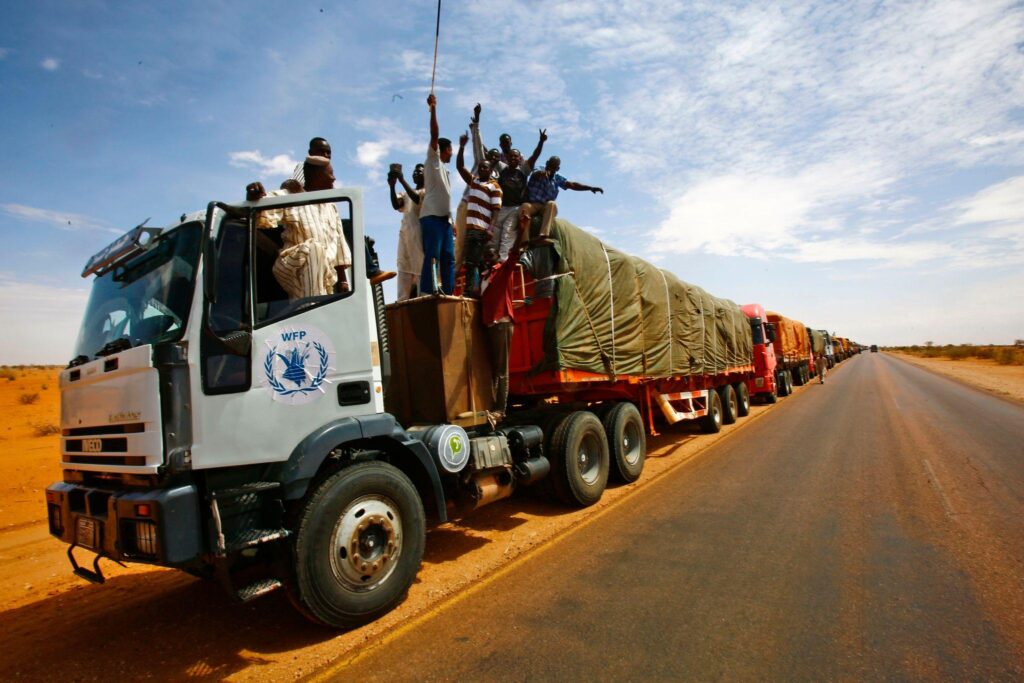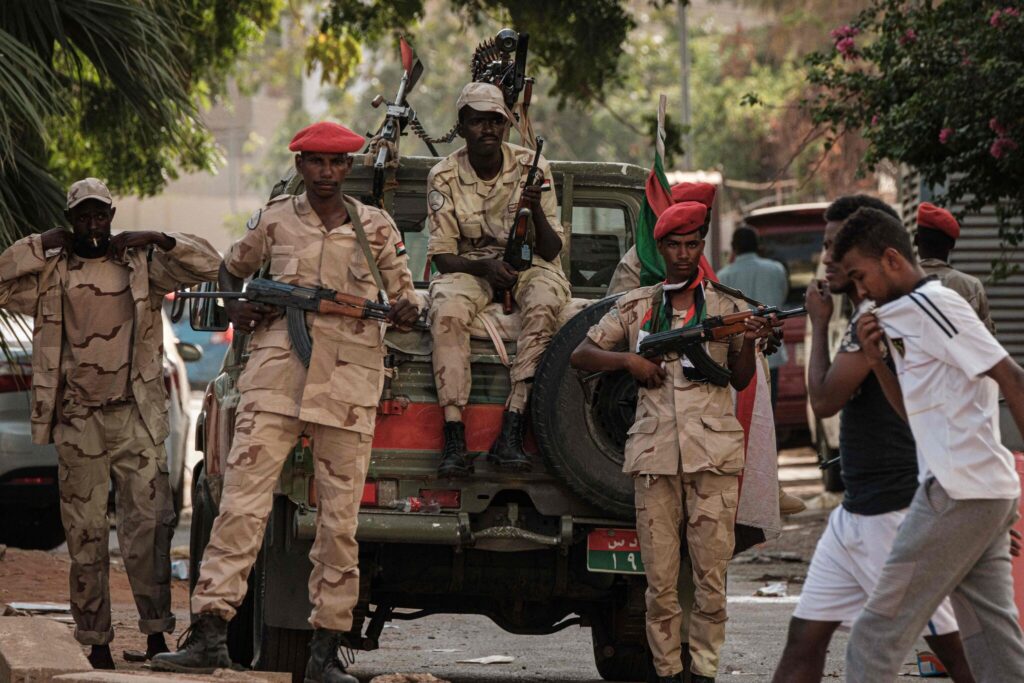
The Peace and Unity Government established by the Sudan Founding Alliance (TASIS) is moving to re-start formal banking in Darfur and Kordofan after more than two years of disruption, with officials and business figures working on a new commercial lender to operate initially across the region.
The push comes on the heels of the weekend swearing-in in Nyala. TASIS seated its Presidential Council with Mohamed Hamdan Dagalo (Hemedti) as chair and Abdelaziz al-Hilu as deputy, and appointed Mohamed Hassan al-Ta’aishi as prime minister alongside 16 ministers. With a cabinet now in place, TASIS is framing the banking initiative as an early deliverable of its economic normalization agenda.
The banking plan builds on the Nyala Economic Forum in May, where participants recommended creating a Darfur-focused bank to revive trade, payments, and savings after most branches were looted or shuttered during the war. According to local economic sources, discussions have coalesced around a privately capitalized vehicle—tentatively referred to as Al-Farid Bank—with a provisional management team engaging civil administrations to secure approvals and identify branch sites in major cities.
TASIS officials say the rollout is intended to complement existing digital rails while re-introducing core services—cash deposits and withdrawals, merchant payments, remittances, and salary disbursements for priority public services—where feasible. With conventional banking largely halted since April 2023, many residents have relied on the Bankak mobile app of Bank of Khartoum, informal exchangers, and cross-border remittances—stopgaps that cannot fully replace regulated, branch-based services.
What is known so far
• The Nyala forum endorsed a regional bank to help restore liquidity and confidence and reduce transaction costs across Darfur and Kordofan.
• TASIS-aligned civil administrations in much of Darfur and parts of Kordofan are engaging on branch locations and cash-handling logistics as part of a phased rollout.
• Near-term focus includes deposits/withdrawals, merchant payments, remittances, and targeted salary channels for health, education, and essential services.
The RSF controls most urban centers in Darfur (with El Fasher contested since May 2024) and holds parts of Kordofan, where TASIS-aligned civil structures have continued to function. The prolonged cash shortage has constrained markets, pushed up transaction costs, and weakened local supply chains.
TASIS argues that restoring formal banking is essential to stabilize prices, support humanitarian operations, and attract private capital back into the region.
TASIS is advancing a Darfur–Kordofan banking vehicle as a practical step toward economic normalization. Coming directly after the government’s swearing-in in Nyala, the initiative signals an intent to deliver early on cash, payments, and salaries.




